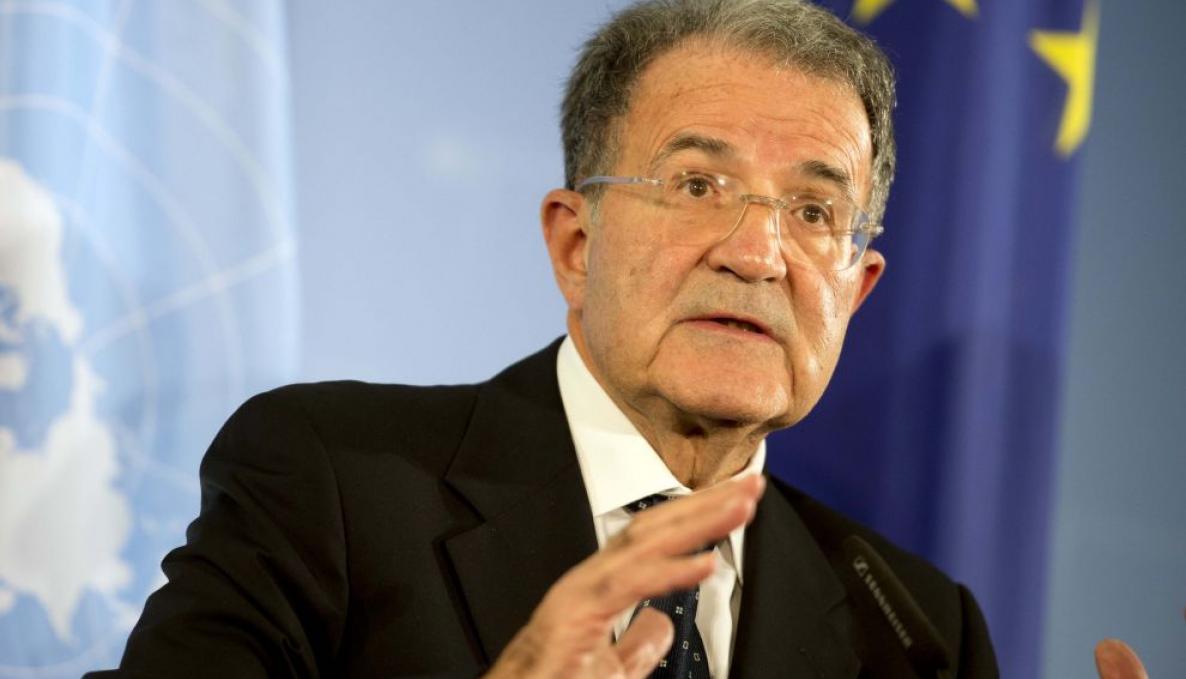New Master's Degree in International Security: inaugural presentation on Monday, September 26th , Lectio Magistralis by Romano Prodi on world politics and Europe’s international role

The opening ceremony of the first edition of new master’s degree course in International Security Studies promoted by Sant'Anna School Dirpolis Institute (Law, Politics and Development) in partnership with the School of International Studies of University of Trento is scheduled at 11.00 am on Monday, 26th September, in Pisa Sant’Anna School. Professor Romano Prodi, currently president of a team working on United Nations and African Union peacekeeping operations in Africa, will give his Lectio Magistralis on “Changes in Global Politics and Europe’s Role”.
Online application procedure is now open for admission to this professional course, taught in English, for 25 young people holding a bachelor's degree and who wish to gain a thorough understanding of international security issues, together with the theoretical and practical tools to avoid risks and deal with crisis situations.
This Joint Master of Science (LM-52 class, International Relations) in International Security will start in autumn 2016. The program includes the first-year courses to be held at Sant'Anna School in Pisa, and second-year courses at University of Trento in addition to a period of study or internship abroad.
Faculty members have been selected for their work in disciplinary areas including economics, law, international relations and political science, history and sociology. Barbara Henry of Sant'Anna School and Marco Pertile of University of Trento were appointed as co-directors.
First-year courses aim to provide students with a comprehensive and multidisciplinary overview on issues related to security that can include an understanding of the theoretical tools together with a practical analysis of technological, social and environmental emerging issues in the world of international relations.
Second-year courses are devoted to the five main challenges to the contemporary international context with reference to the implications of security in international relations especially in the field of migration, energy, environmental and economic impact. Second-year program is structured to allow a large number of students to spend a period of study or internships abroad. On the whole, the model of teaching is based on a learning method which involves the use of simulations and role play in a way that encourages students oral and written production and to improve their decision-making skills.
As to career opportunities and job placement, course organizers promote ways of dialogue between students and potential recruiters in international and European organizations which are appointed to ensure security - physical and environmental security, food safety, also related to emerging technologies, to peacekeeping and to migration management



